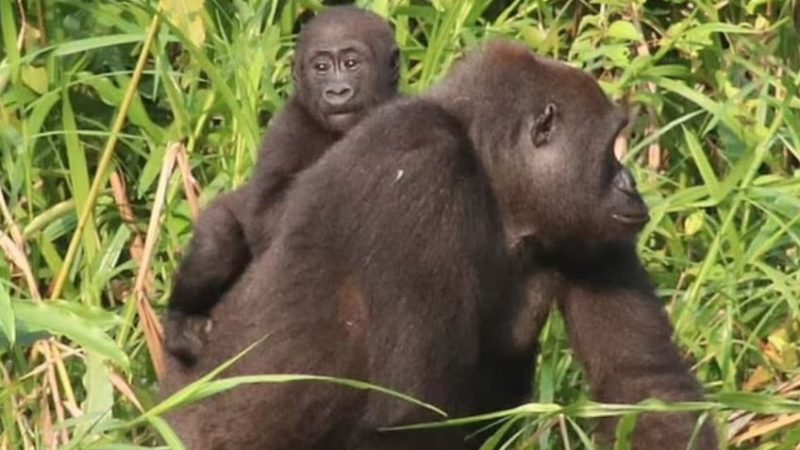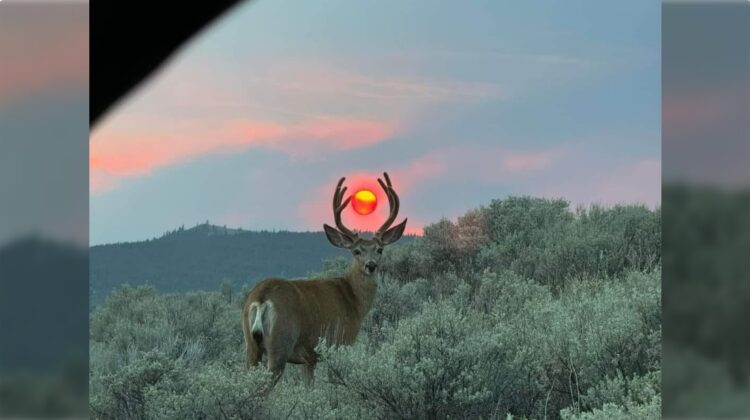In a somber moment, we bid farewell to Lolita, the captive orca who spent over half a century in captivity, performing at the Miami Seaquarium. On Friday, her journey came to an end due to a suspected kidney issue.
Lolita, also known as Tokitae or Toki, had been the focus of animal rights groups and the Lummi Nation of Washington, who had long been advocating for her release back into the ocean. Earlier this year, the Miami Seaquarium’s leadership agreed to these calls and announced plans to return Lolita to the waters of the Pacific Northwest, a homecoming slated for sometime between October 2024 and April 2025.
However, this beloved 7,000-pound orca, estimated to be around 57 years old, did not live to see those plans materialize. Last week, she began showing serious signs of discomfort, prompting immediate and aggressive treatment by veterinarians, as reported on X, formerly known as Twitter, by the Miami Seaquarium.
Despite the dedicated efforts of the medical team, Lolita succumbed to what is believed to be a renal condition.
The Miami Seaquarium has not provided many details about the events leading up to Lolita’s passing, but they did note that, “at her advanced age, her passing is not a complete surprise,” as reported by Jesus Jiménez of The New York Times.
In the wild, orcas typically have a lifespan ranging from 30 to 90 years, as per the National Oceanic and Atmospheric Administration (NOAA). All orcas in U.S. waters are protected under the Marine Mammal Protection Act, and one specific population, the Southern Resident group in the Pacific Ocean to which Lolita belonged before being captured, is protected under the Endangered Species Act. Worldwide, scientists lack sufficient data to make a determination about the status of these marine mammals in the wild, according to the International Union for Conservation of Nature.
At the time of her death, Lolita resided in a tank measuring 80 by 35 feet, a space described by People for the Ethical Treatment of Animals (PETA) as the “smallest, bleakest orca tank in the world.” Nonprofit organizations and Indigenous tribes working towards her release had hoped to construct a sea pen off the coast of Washington, providing her with more freedom to roam while still receiving essential medical care and food.
However, as Douglas Hanks writes for the Miami Herald, this plan remained mostly aspirational, as it required securing water rights and federal permits to build the pen. Nevertheless, as Naomi Rose, a marine mammal scientist at the Animal Welfare Institute, stated, “she had hope,” as reported by Katherine Gammon of The Guardian.
“It is a sad irony that Tokitae died now,” Rose said, “Humans failed her.”
Lolita was approximately four years old when humans captured her off the coast of Seattle in August 1970. She was the last surviving Southern Resident population orca from the capture era.
The Miami Seaquarium purchased and trained Lolita, who performed regularly until March 2022. Under an agreement with the U.S. Department of Agriculture, the Seaquarium announced it would cease shows featuring Lolita and a dolphin named Lii.
Now, the Lummi Nation’s Indigenous people are advocating for Lolita’s remains to be returned to the Pacific Northwest, so she can be laid to rest in accordance with tribal traditions.
Although Lolita did not live long enough to “experience the freedom she deserved,” her story will live on. Save Lolita, a group that had been advocating for her release, emphasized that “we must remember that Lolita’s story is one of resilience and the enduring power of the human spirit to fight for justice,” according to their statement. “Her journey brought international attention to the ethical concerns surrounding the captivity of marine animals and inspired a global movement for change.”










